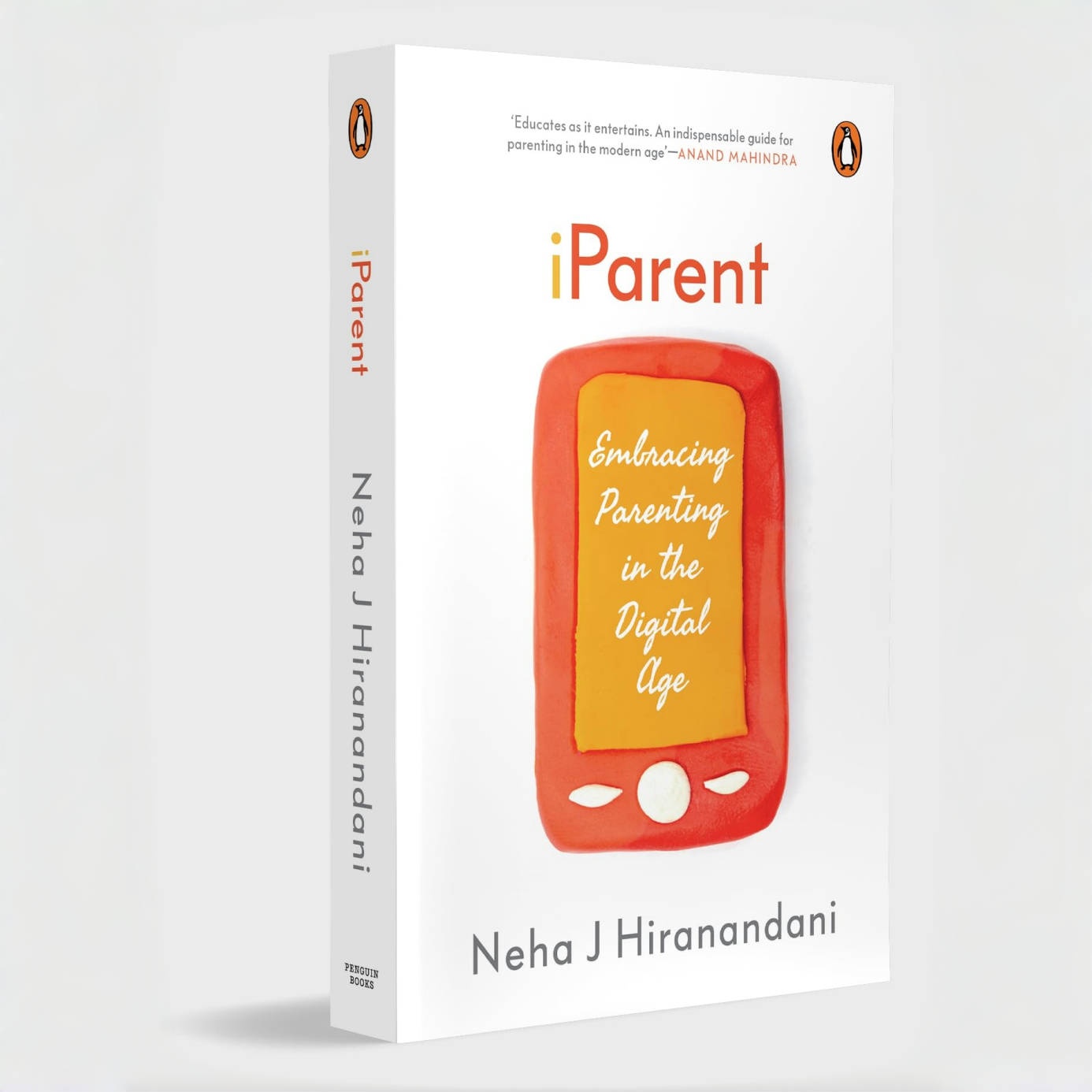Introduction
“Guilty parent syndrome” is the lingering sense that you are somehow falling short no matter how hard you try. Whether you miss a school performance because of a deadline, reach for the tablet to buy a moment of quiet, or lose your patience after a long day, guilt can creep in and whisper: “You’ve failed.” Modern parenting—already a high‑wire act—magnifies that whisper into a roar. Social‑media highlight reels, expert blogs, and well‑meaning relatives all tell us what a “good” parent looks like, turning every small lapse into a potential indictment. Add unresolved childhood experiences or the memory of your own parents’ missteps, and it’s easy to internalize the belief that you must make up for every perceived shortcoming.
This article unpacks five common, easily overlooked signs of guilt‑driven parenting. Understanding these patterns is the first step toward healthier boundaries, authentic connection, and a more compassionate relationship with yourself.
1. Constant Need to Overcompensate

A classic marker of guilty parent syndrome is the compulsion to “make it up” to your child through excessive giving—of gifts, treats, experiences, or freedoms. Perhaps you’ve been traveling for work all week and return home laden with toys and candy. Maybe a recent divorce leaves you worrying that your child feels deprived of a two‑parent household, so weekends become a whirlwind of theme parks and lenient rules. On the surface, these gestures feel loving; underneath, they serve as emotional band‑aids.
Why it happens:
- Time debt: Parents working long hours often fear their absence sends the message, “My job matters more than you.” Buying something tangible feels like proof of love, even though children typically value focused attention over material goods.
- Post‑divorce remorse: Split households can spawn competition—who can be the “fun” parent? The pressure to fill both parental roles may push you toward extravagant outings or relaxed rules.
- Social comparison: Seeing other families’ picture‑perfect vacations online nudges you to match or exceed them, especially if you sense your everyday life is less glamorous.
Hidden costs:
- Discipline erosion: When treats replace consistency, children learn that rules bend under guilt, making boundary‑setting harder later.
- Entitlement cycle: Kids may equate love with material gain, leading to escalating expectations and disappointment when real life sets limits.
- Parental burnout: Financing frequent perks or constantly playing host strains energy and budgets, heightening stress—the very thing that fueled the guilt in the first place.
Healthier alternative: Prioritize time‑rich activities over cost‑heavy ones: a focused board‑game night, cooking a favorite meal together, or a phone‑free walk. These moments communicate, “I’m present,” which speaks louder than any gift.
2. Over‑Apologizing to Children
Saying “I’m sorry” after snapping in frustration is admirable. Saying “I’m sorry” when your five‑year‑old merely doesn’t like what’s for dinner is something else. When apologies become reflexive—“Sorry I have to work,” “Sorry you can’t have another cookie,” “Sorry I said bedtime is at eight”—they can dilute genuine accountability and confuse the power dynamic.
How it undermines authority
- Blurs roles: Children thrive on clear leadership. Apologizing for reasonable boundaries suggests uncertainty, prompting them to test limits more aggressively.
- Shifts responsibility: If every rule is accompanied by guilt, kids may believe boundaries exist only to satisfy parents, not because limits keep them safe and healthy.
- Reduces impact of real apologies: Genuine mistakes—losing your temper, breaking a promise—should absolutely be acknowledged. Constant small‑scale “sorries” cheapen the currency and make deeper apologies less meaningful.
Practices to model accountability without guilt
- Replace apologies with empathy: Instead of “Sorry you can’t have another cookie,” try “I know you wish you could have more cookies; they’re delicious! But we’ll save the rest for tomorrow.”
- Reserve apologies for missteps: When you do make a mistake—yelling, forgetting a pickup—own it clearly and outline how you’ll do better. This teaches responsibility, not insecurity.
- Use affirmative language: “It’s bedtime now because your body needs rest,” stands stronger than “Sorry, it’s bedtime.”
3. Avoiding Discipline or Saying “No”

Another hallmark of guilty parent syndrome is the reluctance to enforce consequences. You may let misbehavior slide because you fear damaging the relationship or worry that a stern “no” will make you the villain. Unfortunately, inconsistency tells children that boundaries are negotiable, intensifying power struggles and, ironically, parental guilt.
Root causes
- Fear of emotional fallout: If you grew up under harsh discipline, you might equate firmness with coldness and overcorrect by becoming overly permissive.
- Public performance anxiety: In restaurants or stores, a meltdown can feel like a public grading of your parenting. Saying “yes” quickly ends the scene but teaches children to leverage public spaces to get their way.
- Compensatory leniency: Parents separated by geography or irregular schedules may dodge discipline during limited hours together to keep interactions “positive.”
Strategies for shame‑free limit‑setting
- Use calm, predictable routines: Post visual schedules or household rules. Predictability lessens conflict by making expectations clear and non‑negotiable.
- Validate feelings, hold limits: “I hear you really want to stay up late. I would too if I had a cool game to play. The rule is bedtime at eight.” Empathy plus firmness signals care, not rejection.
- Divide connection from correction: Spend dedicated “special time” each day (even 10 minutes) where the child leads play. When discipline moments arise, they occur within a reservoir of positive attention.
Over time, children learn that disappointment is survivable—and that parental love isn’t contingent on always getting what they want.
4. Comparing Yourself to Other Parents
Scrolling through picture‑perfect Instagram feeds or reading parenting blogs can spark self‑critique: Their toddler already counts to 50; mine barely sits still. While some comparison can inspire growth, chronic benchmarking fuels guilt. You might enroll your child in extra lessons they’re not interested in, adopt someone else’s sleep routine that backfires, or berate yourself for not preparing bento‑box lunches.
Emotional consequences
- Imposter syndrome: You perceive everyone else as mastering parenthood while you improvise.
- Decision fatigue: Constantly revising plans to match trends drains mental bandwidth and erodes confidence.
- Parental resentment: Striving for perfection sets up inevitable failures, breeding frustration rather than joy.
Healthy reframes
- Audit your values: Write the top five traits you hope your child develops—kindness, curiosity, resilience. Let these be your compass, not strangers’ highlight reels.
- Curate your feed: Unfollow accounts that trigger inadequacy; follow those promoting authenticity, humor, and diverse family realities.
- Celebrate micro‑wins: Keep a “family joy” journal—first bike ride, heartfelt sibling apology—to remind yourself that growth isn’t always post‑worthy but still matters.
By anchoring to your own priorities, external noise loses its grip, and guilt subsides.
5. Seeking Constant Validation from the Child

Children need encouragement, but when the flow reverses—parent fishing for praise—it signals emotional enmeshment. You might ask, “Am I the best mommy ever?” or linger for extra hugs after minor achievements. While warmth is healthy, relying on your child to soothe your insecurities burdens them with adult emotional labor.
Long‑term effects
- Role reversal: Kids learn to regulate a parent’s feelings before their own, potentially neglecting self‑awareness.
- Perfectionism in children: If your mood depends on their approval, they may overachieve to keep you happy, leading to anxiety.
- Boundary confusion: The line between supportive affection and emotional dependency blurs.
Building healthier independence
- Source affirmation broadly: Lean on adult friendships, parenting groups, or therapy to process doubts.
- Praise the process, not the person: Instead of seeking “Do you love me?” moments, highlight the child’s efforts—“I noticed how patiently you waited your turn.” This models externalized, balanced validation.
- Teach emotional literacy: Encourage kids to express their feelings without responsibility for yours. When upset, say, “I’m feeling stressed, so I’m going to take three deep breaths,” rather than, “You’re making me upset.”
Conclusion
Recognizing the signs of guilty parent syndrome—overcompensation, chronic apologies, discipline avoidance, comparison traps, and validation seeking—isn’t about adding another layer of guilt. It’s about noticing patterns that quietly guide daily decisions and gently loosening their grip. Every parent experiences pangs of remorse; occasional guilt is the flip side of deep love and responsibility. The goal is not zero guilt but balanced awareness: using remorse to inform growth rather than dictate behavior.
Remember, emotionally healthy parenting begins with self‑compassion. When you treat your own missteps with the same kindness you show a child learning to walk, you model resilience, accountability, and unconditional love—the greatest lessons you can offer.





